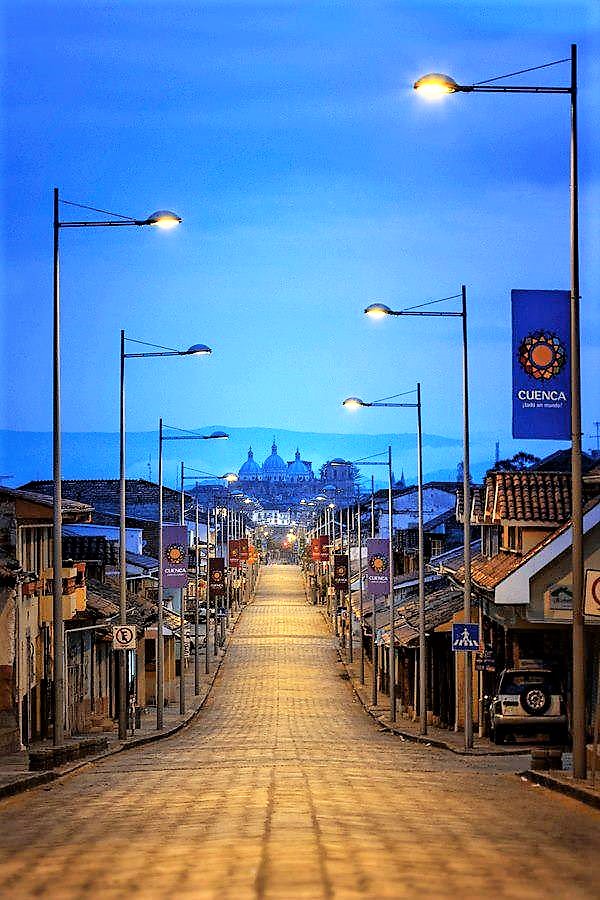
Idyllic doesn’t mean immune.
The past two years have been the most peaceful, calm and stressless of my life. But for the first time in my experience, reliance on public transportation literally brought my life to a standstill.
Last Thursday, transit unions statewide responded to Ecuadorian President Lenin Moreno’s austerity policies with a statewide strike. The policies, enacted in response to the International Monetary Fund’s requirements for economic belt-tightening in exchange for billions of dollars in loans, increased the cost of gasoline and diesel to record levels almost overnight.
In response, transportation unions across the country called for a work stoppage. Thousands of taxis and buses were idled, or left blocking major streets.


photo by Kathy Crook
Lesson #1. The strike reminded me, even in paradise, isyllic does not mean immune. The snake exists. I no longer feel insulated or untouchable, but more aware and educated. Not a bad lesson for anyone, anywhere.
Lesson #2. I live in a walkable city, but the vast majority of Cuencanos are dependent on public transportation. Like no city I have lived in, a transportation strike affects every resident. Even if you are blessed with a car in Ecuador, you have nowhere to go. If streets aren’t blocked, your favorite restaurant is closed because its employees could not get to work. The pharmacy remains shuttered, if not for the same reason, then for fear of looting. Garbage accumulates as drivers wait for roads to be cleared. Regularly scheduled events – for us, a breakfast, a dinner and an evening concert – were cancelled out of an abundance of caution. We now have a gas shortage because delivery trucks cannot cross barricades across major roads.

Lesson #3. Freedom of speech is taken literally here. We talk a good game in the U.S., but there is blatant censorship and rules attempting to dictate when and where we speak. Surprisingly, there is little recrimination in the U.S. for libel without costly court battles. In Ecuador, there is an immediate legal response that most often sides against the perpetrator.
Lesson #4. Demonstrations are a regular, healthy part of life. There is unspoken respect between marchers and authority figures and there are no barriers to public protests such as applying for permits. The first day of the transit strike was an exception to the status quo, when a small group of young rabble-rousers chose to bring stones and paintballs to the party. That led to a disintegration of respect – and dilution of the message – as police lobbed tear gas throughout the city.

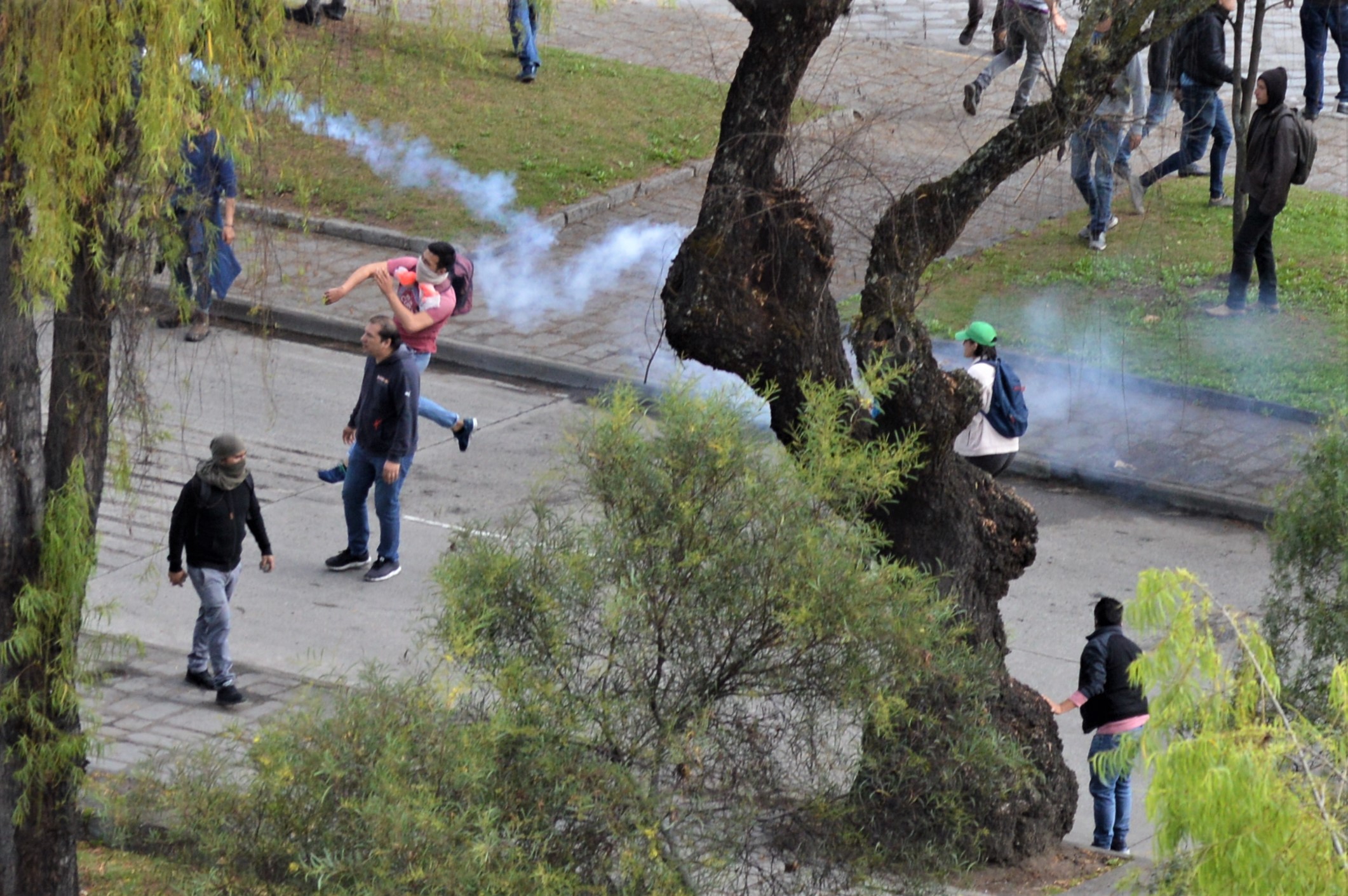
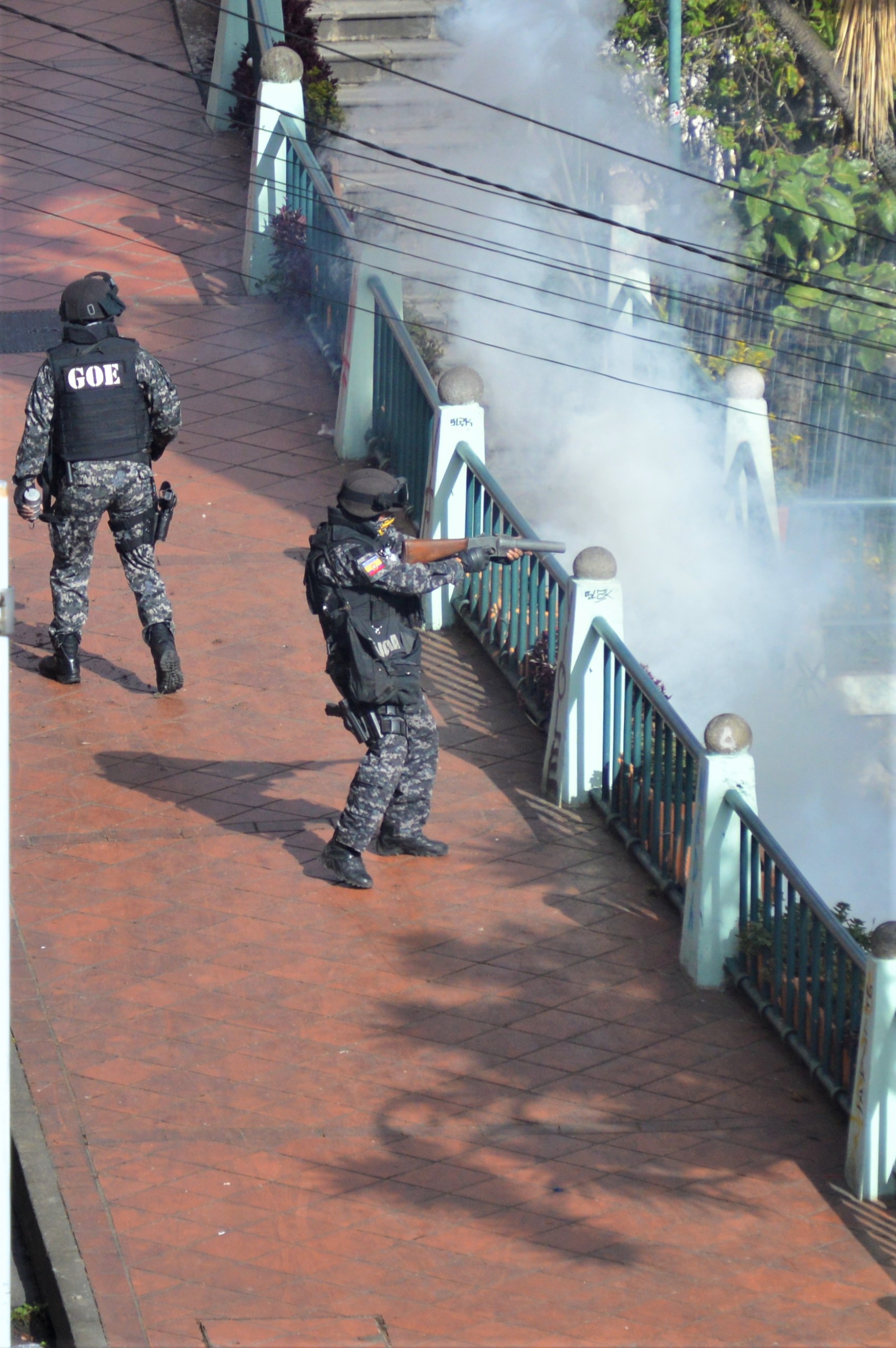

The second day of the strike saw more peaceful protests. Students sitting in the streets, hands and backpacks raised to signal their harmonious intentions, were met with silent watchfulness from officers stationed at barricades.
We had the weekend off, with a return of transportation and “normal” activities. However access to Cuenca from most every point in the state is impeded by blockades set up by the indigenous residents of Ecuador. The blockades also are preventing travel and the delivery of such staples as food and gasoline.
Lesson #5. Responsibility is an individual commitment. Many of us stayed home. Most expats will not feel the weight of new and pending economic reforms other than a pinch on coin purses when paying for public transportation or gas. But we are not exempt. As guest citizens, we have a responsibility to peacefully engage in the discussion without inserting ourselves into violent actions. We all want to preserve Ecuador as the tranquil retreat we have grown to love.
Lesson #6. Tear gas is serious stuff.
Having been caught off guard by approaching demonstrators during a lunch date, I was surprised by a sudden increase in violence.
It was my first encounter with tear gas, which was fascinating to a writer, but brutal as a human. My burning eyes filled with tears, uncontrolled as they spilled down my cheeks. My nose burned with more ferocity than any horseradish I ever tasted. My throat was scorched by an abrasion I had no way of soothing. Worse, my face burned. I never knew the chemicals settling onto my exposed skin could cause a stinging sensation akin to a first-degree sunburn.


My friend and I were holed up in a favorite small restaurant. We were unaware the block had become the center of violence until the smell of tear gas crept through the small eatery entrance. The restaurateurs were experts. They herded us into the kitchen, at the back of the restaurant, where the tear gas had not permeated. They boiled herbs – including lemon grass – and put the steamy concoctions between us on the table.
As the demonstrators and police clashed outside, the restaurateurs dropped metal shutters across the entrance and sealed us in. The gas passed, and we were able to enjoy our lunch.
When it was time to go, the restaurant owner somberly shook his head. The metal shutter covering the door would not be lifted. The conflict gained new life just outside and tear gas, again, was leaking into the restaurant. He herded us back into the kitchen, replaced the boiling herbs and served us a glass of wine.
Finally, we got approval to escape through a side entrance.
The eatery owner smiled at us, handed us a cloth to cover our noses and mouths, and said, “Run!”



We laughed, thinking he was overreacting, and stepped out into the bright sunshine. We looked left, toward home, and saw advancing demonstrators, so we turned right. There, ahead of us, were police in riot gear, stretched shoulder-to-shoulder across the road, armed with tear gas cannons. Behind us, protesters started throwing rocks. Ahead of us, police raised their shields and tear gas. We ran!
That was the only time I felt anxious – an insecurity for being in the wrong place at the wrong time in a battle that was not mine. As we rounded a corner to safety, I thought about the peaceful, informative climate change march just three weeks ago. Unlike that tranquil demonstration, this message of concern for economic well-being was disintegrating into violence perpetuated by a small gang who had more interest in divisive action than advocating for policy change.
Lesson #7. Cuenca is resilient. Two days later, all was business as usual. The sounds of braking buses and honking taxis filled the air. The sun was shining and the lingering smoke had drifted away. Conversations conveyed concerns for the future, but spread into sports and gossip and other news of the day.
The students came back, but this time, to help authorities clean up the streets that had been damaged by demonstrators the days before.
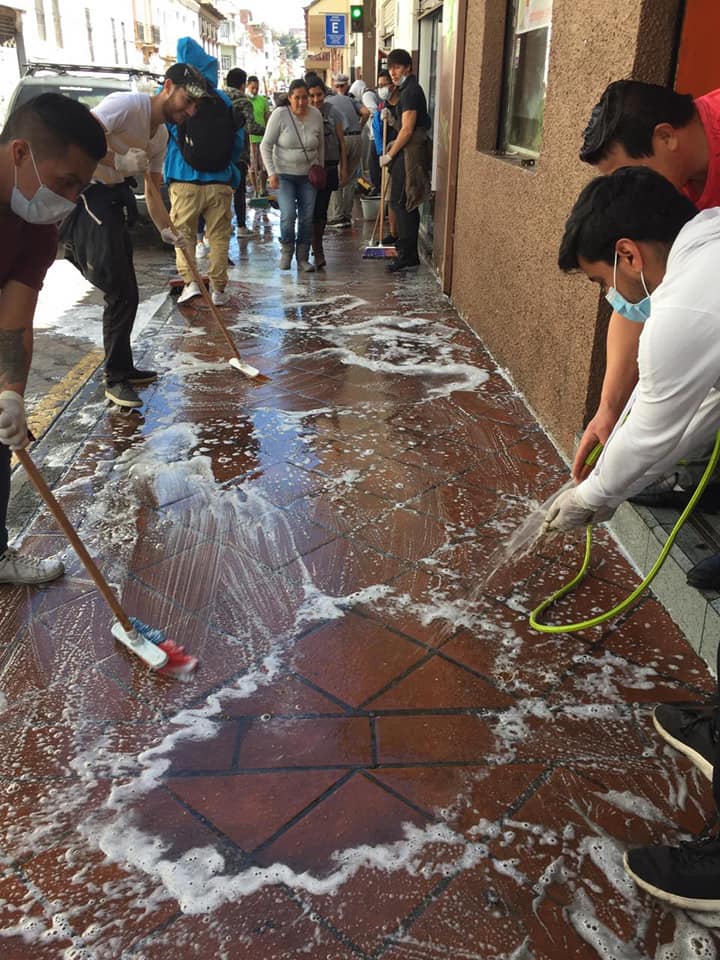
Without a doubt, something has changed. Transportation union leaders have vowed to maintain the fight despite President Moreno’s insistence he will not back down. The country is lurching into a new period of unpopular austerity measures and inevitable changes in the economy. The indigenous peoples throughout the country continue to block roads and march on the capital.
Our local supermarkets are looking like U.S. stores in advance of approaching hurricanes. Lines are growing in search of gas, which most of us use for cooking and heating water.
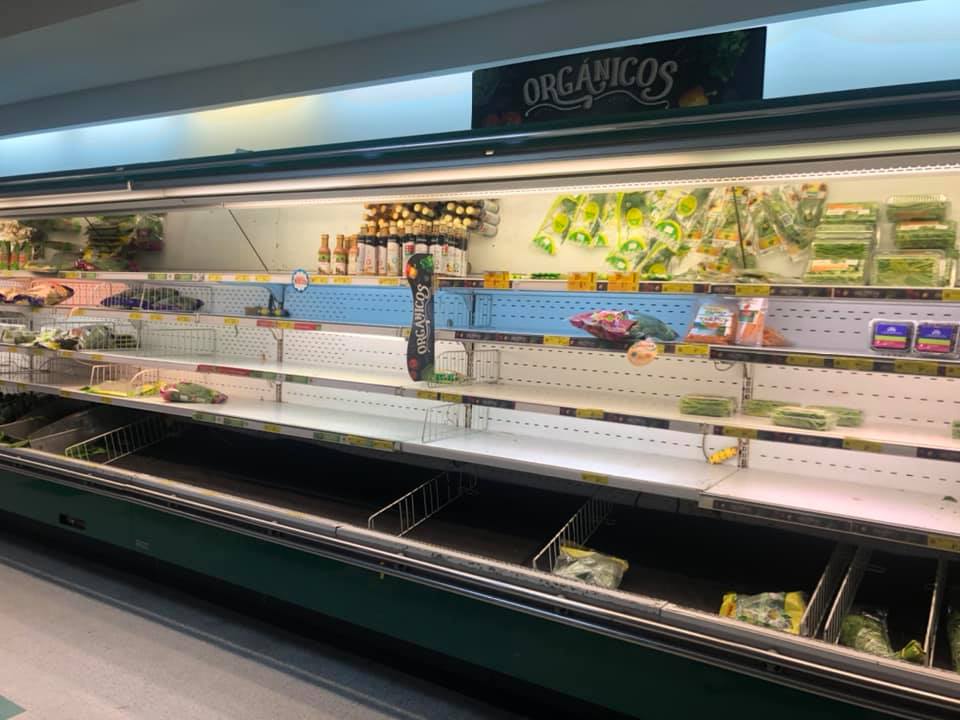
Photo by Jan Engle 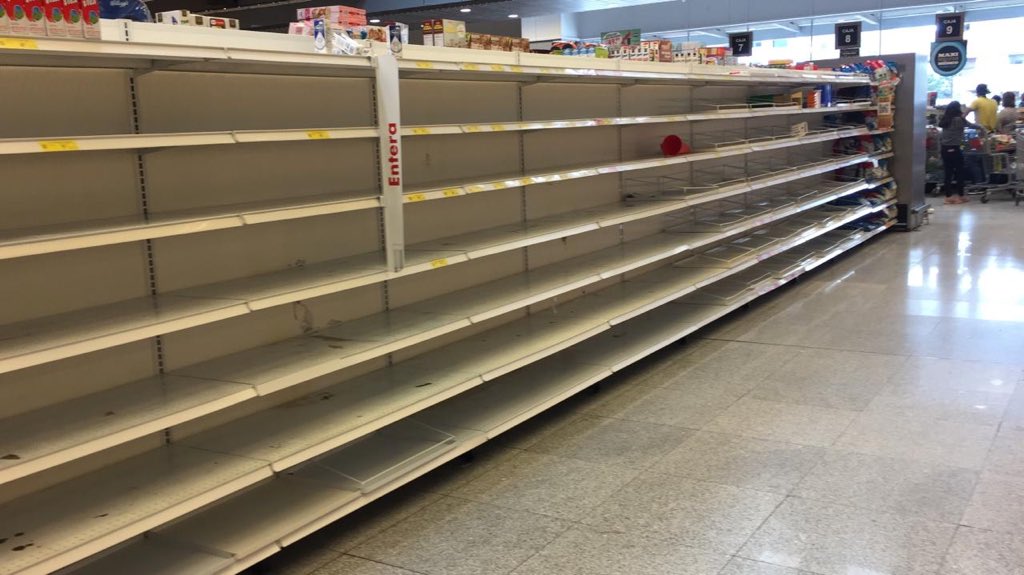


There is a lot of uncertainty about how long the unrest will last statewide. There are many issues to resolve and no clear path to compromise.
I have to believe the people of Ecuador, who have inspired and enlightened me for two years, will find a quick resolution. I am keeping the faith.
Wow!!! What an incredible blog. Fantastic photos… excellent description of the tear gas effects. Love you and so glad everything is peaceful again.
LikeLiked by 1 person
Thanks! We are peacefully happy again!
LikeLike
Oh my, you are certainly giving us an up-close view of how things are in Cuenca. How beautiful that the students helped with cleanup!
Thank you, and as always you make a wonderful walking ambassador – not only for the USA but for being a role model for all.
There was a peaceful march thru Portoviejo streets this morning, but I am not sure what’s happening right now. Seems ‘semi normal’ downtown, and the lack of traffic is refreshing…. the air is not so polluted!
LikeLiked by 1 person
Thanks for your words and encouragement! I appreciate the feedback.
LikeLike
I also loved your post about the coffee cupping! Miguel Rendon of ES coffee once gave me a tutorial.. eye opening on many levels!
LikeLiked by 1 person
I am sad that Ecuadorians are suffering. I am glad that your restaurateur was a true caballero!
LikeLiked by 1 person
Hang in there!
LikeLiked by 1 person
great article!
LikeLiked by 1 person
Excellent article Laurie, very well put. Thanks!
LikeLiked by 1 person
You nailed it!
LikeLiked by 1 person